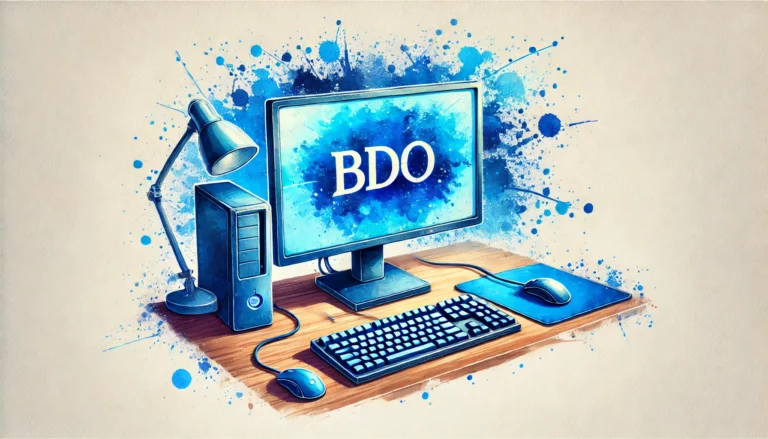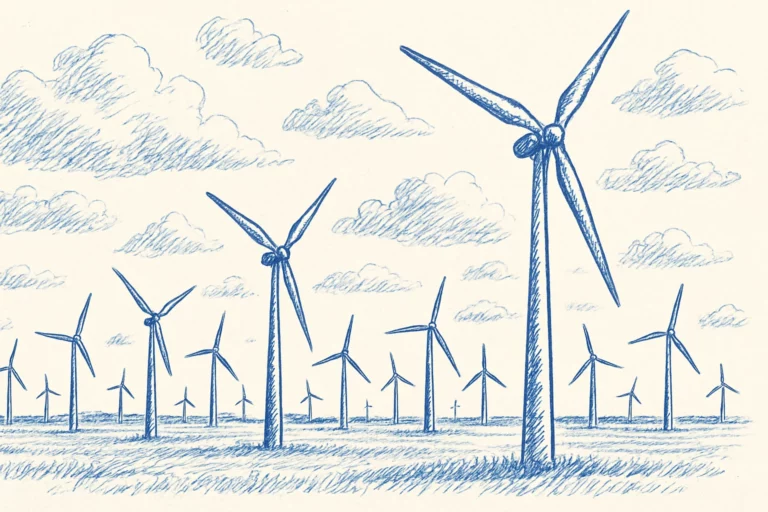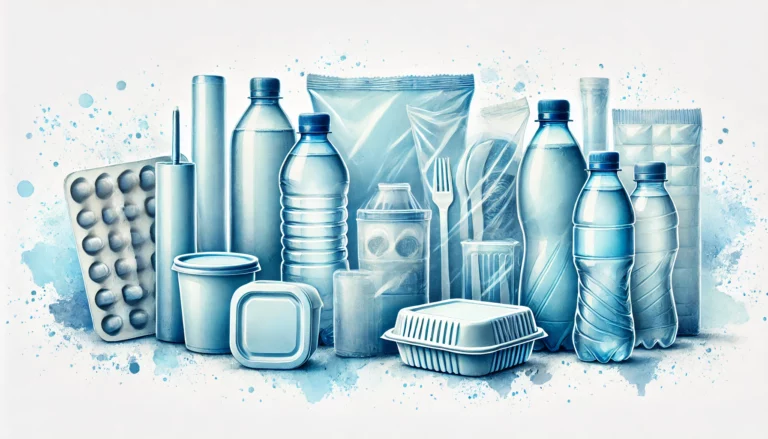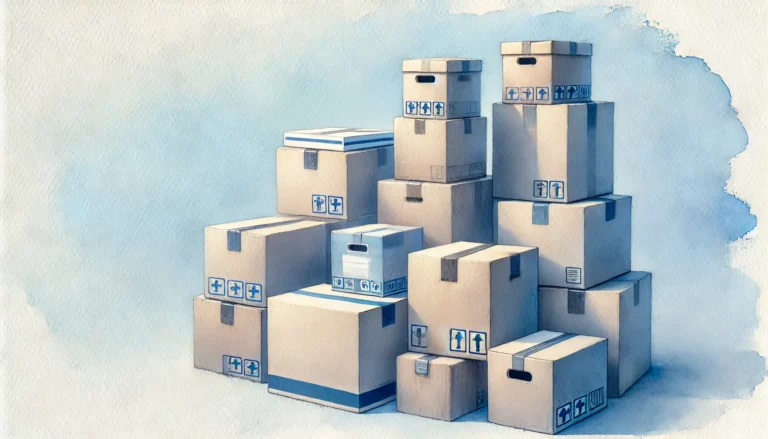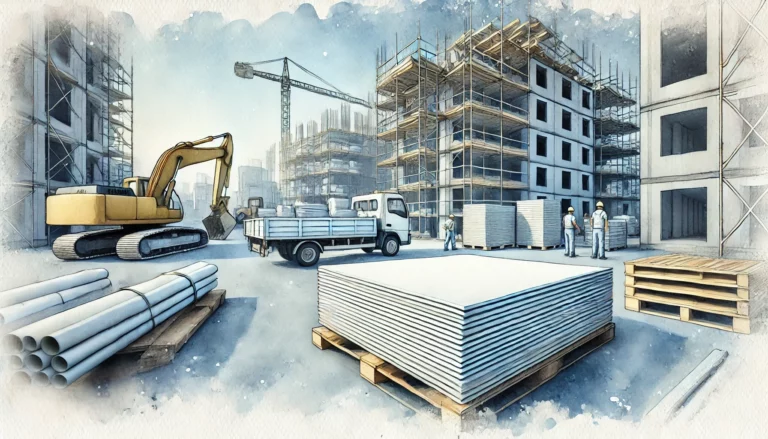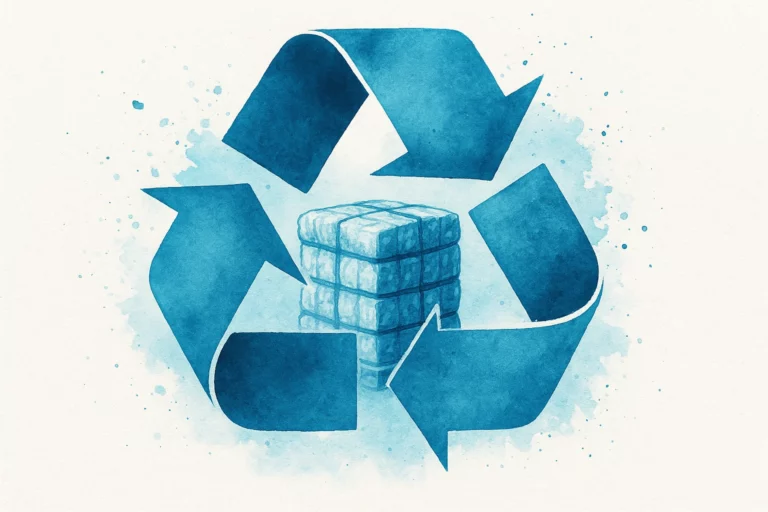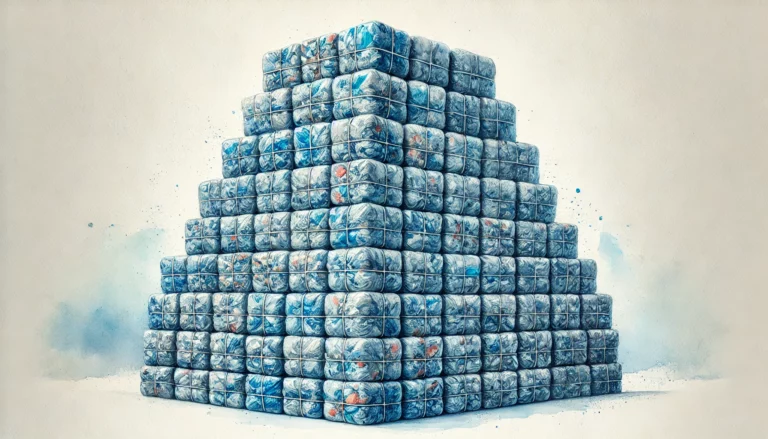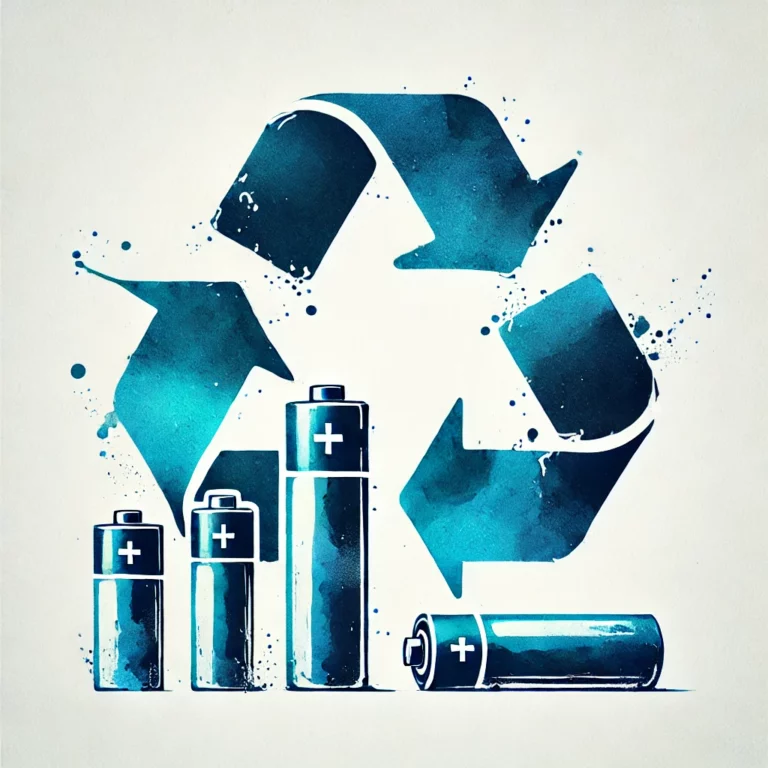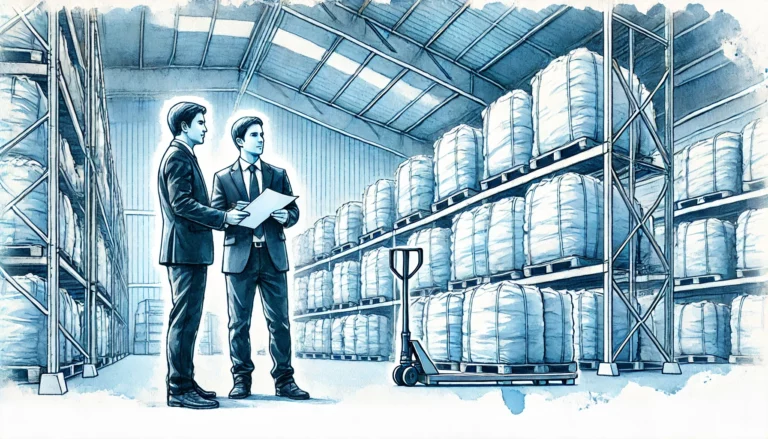Think you know Polish BDO? Think again
Getting a BDO registration number in Poland is only the beginning. The real game is won—or lost—in day-to-day records, waste transfer notes (KPO), statuses, dates, and annual reporting. One wrong click can cement an error in the system and trigger a domino effect across documents, audits, and payments. Below are the most common traps—and how…

